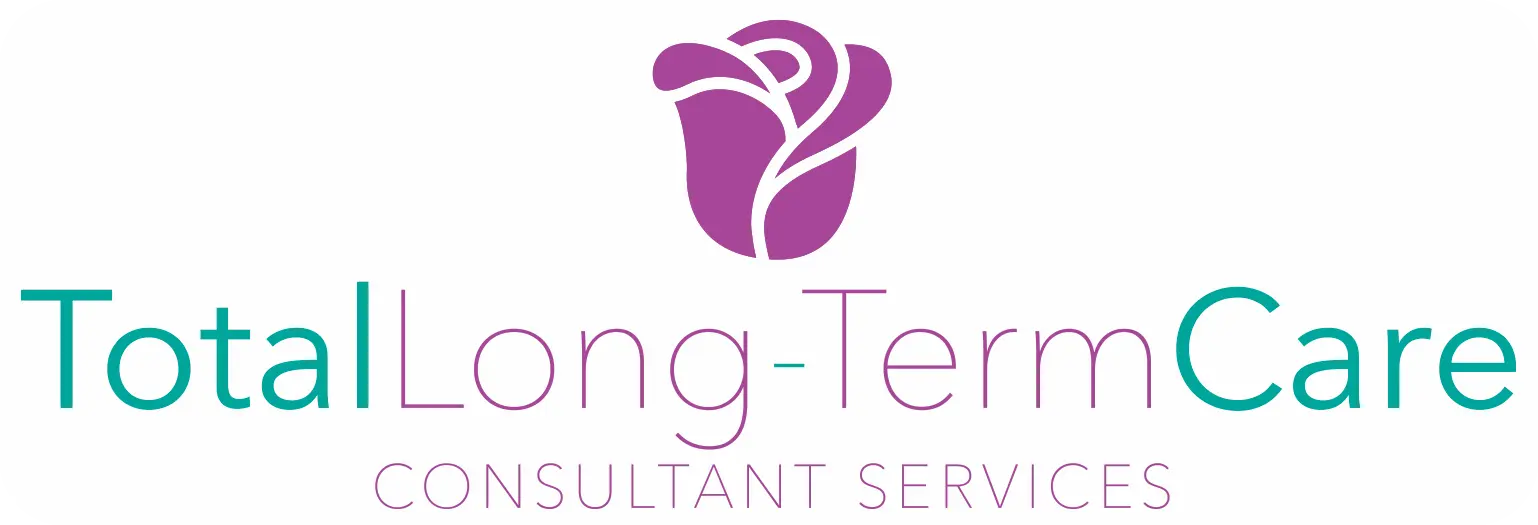Provide Better Comfort to Your Parents with Long-term Care
To care for those who once cared for us is one of the highest honors.
Aging is the next chapter of life that cannot be avoided, but you can decide to make your parents aging comfortable and cared for as best as you can today. It seems that our parents find it much harder to cope with daily chores that were once thought of as easy.
They may need assistance with mobility, carrying out their medications, and even in the activities of daily living. Long term care in healthcare is here to allow the needed services for allowing them to live with dignity, comfort, and independence.
Why Long-Term Care Matters for Aging Parents
Numerous families are left with the question of how to care for their aging family members. Managing time between work, family, and caregiving has proven to be highly difficult. Long-term care in health services ensures that parents get the care they deserve and minimizes the burden of the obligation on family members.
Here’s why investing in long-term care is essential:
1. Ensuring Safety and Comfort
Seniors are more likely to suffer from a fall or injury or even from a medical emergency. Your parents would have well-trained caregivers at home during the later years to help with daily living and also respond to emergencies. Safety in the environment lessens accidents and ensures well-being.
2. Reducing Stress for Family Members
Caring for elderly parents can strain emotional and physical resources for families. Most families are required to juggle their own lives with caring for an elder. Having professional care assures that your parents are safe and you can enjoy quality time with them without the burden of constant care.
3. Maintaining a High Quality of Life
It should not mean that aging compromises quality of life. Long-term care provides socialization, pastimes, and friendship to seniors, keeping them engaged and active in the mind. Assisted living care homes create opportunities for friendships among seniors and keep them physically active.
4. Access to Skilled Medical Care
Chronic conditions such as diabetes, heart disease, or arthritis usually target the elderly group. The availability of skilled manpower enables proper medical treatment and regular health check-ups, and it assists with medication management for these diseases so that complications can be avoided and the health of these individuals bettered.
5. Financial Protection with Long-Term Care Insurance
Financial issues are the primary reason many families do not opt for professional elder care. However, buying life insurance with long-term care benefits enables family members to have funds when the time comes. Therefore, the parents will receive the best care possible without stretching or straining the family financially.
The Emotional Impact of Long-Term Care
When you care for an old parent, being able to provide them with long-term care is not only going to be the care of the body. It also is about the wellness of the mind. Growing older is itself a lonely affair, quite difficult, and lonely. Many old people feel isolated and helpless. Putting them into such care may bring them back to a sense of purpose and belonging and also provide a supportive environment.
Most long-term care facilities emphasize an individual’s association with the other dimensions of life, like mental support, counseling, and real social contact.
How to Prepare for Long-Term Care?
When plans are set for long-term care, one has to be very thoughtful and take numerous steps beforehand:
- Start the Conversation Early: Most of the time, even before an emergency arises, initiate family discussions on aspects of long-term care. This should include the preferences as well as the involvement of parents in decision-making.
- Research Available Services: Visit all the different care options available in the community, from home care services to assisted living care homes that provide full-time assistance.
- Evaluate Financial Options: Consider long-term care benefits from life insurance and other financial programs to ensure long-term, affordable, and quality care.
- Seek Professional Guidance: Consult healthcare professionals or elder care advisors so that you make sound decisions about the needs of your loved ones.
Conclusion
Caring for your aged parents is certainly one of the deepest responsibilities ever. With long-term care in health care, it is possible to provide them with safety, comfort, and dignity. Be it professional caregivers, home assistants, or assisted living care homes, proper care can add quality to their lives and rest your mind for family members.
Start first with TLC Consultant Services by taking steps to explore long-term care options today for your parents. Give your loved ones comfort, love, care and security.









